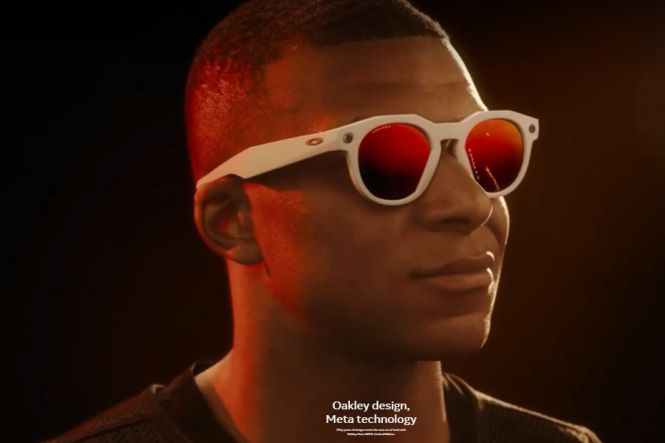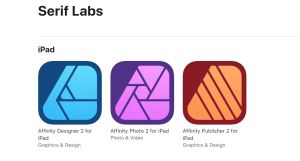 Personal AI assistants: visions by Meta and OpenAI
Personal AI assistants: visions by Meta and OpenAI
On July 30, 2025, Mark Zuckerberg published a post in which he pitched an advanced AI for the common folk. The piece is titled “Personal Superintelligence,” and this is what the CEO of Meta Platforms calls this AI. Long story short, Zuckerberg claims to seek empowerment of regular people with artificial intelligence, and plans to deliver that empowerment through AI glasses.
Mark’s vision echoes that of Sam Altman of OpenAI, who is also working on a device that would make artificial intelligence an integral part of the life of the regular public. Let’s see how the two compare (based on what’s known on the last day of July, 2025).
Personal AI assistant, Meta’s take: glasses
Here is what’s known about Meta’s AI glasses thus far.
- The company is partnering with Ray-Ban and Oakley to make Ray-Ban Meta and Oakley Meta, stylish eyeglasses with built-in cameras, open-ear audio, and integrated microphones.
- The glasses can capture video and snap pictures, do streams, share on social networks, recognize objects, search by image, translate and basically aid the owner as required by them and the situation, since the device is supposed to be context-aware.
- The glasses are always-on, and can be controlled in the multimodal mode, i.e., they see the picture, hear your voice, and can sum up these two components into a single prompt.
All in all, it feels like a free interpretation of Google's attempt to give the world AR glasses. That project looked promising back in 2012, when the first prototype was given to early adopters. However, as a product for the masses, it was discontinued in 2015 due to negative feedback on privacy, limited usability, and an unpopular design. Basically, it’s a story of a time-related poor market fit, so, while the parallels are clear, Zuckerberg’s attempt may have a different destiny.
Personal AI assistant, OpenAI’s take: earbuds
We’ve previously covered the story of IO, a mysterious “third core product” (alongside the laptop and the smartphone) that is supposed to be screenless and AI-powered. Judging by the facts revealed, it looks like Altman and Ive are making a pair of earbuds, but they refused to confirm that. However, OpenAI does have a project with Bragi, Bose, and others that aims to bring AI earbuds to the market.
- Wireless earbuds or headphones will be powered by GPT-4.1’s ChatAI fork, which is a conversational assistant (“ChatAI”).
- Voice-activated, the device will be able to help with real-time translation and task automation.
- There will be a companion app to, first off, enable local processing of communication, and, secondly, extend the range of features available to the user.
- Being an audio-only device, the earbuds will lean heavily on the voice recognition tech for privacy.
The list of headphone brands can be extended, since OpenAI designs the system supporting the conversational assistant to be universal.
While the use cases of AI glasses and AI earbuds are quite similar, the latter may be disliked and even outlawed for privacy reasons: the glasses can record videos discreetly, which raises concerns in most parts of the world. We’ll see how Zuckerberg plans to circumvent this obstacle soon.



